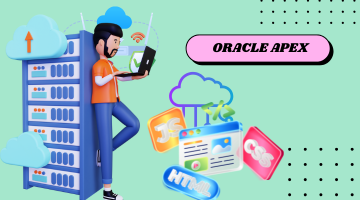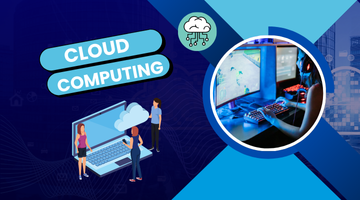Best Oracle Apps Technical Course Training in Chandigarh, Mohali, Zirakpur & Kharar - Fees
Join the best Oracle Apps Technical course in Mohali with online and classroom training. Gain in-depth knowledge from industry experts and boost your career with hands-on Oracle Apps Technical training
About Our Oracle Apps Technical Certification Course – Master Oracle Apps Technical concepts from the ground up and become a skilled Oracle Apps developer. This course covers everything from basic SQL and PL/SQL to advanced topics like Reports, Interfaces, Conversions, Extensions (RICE), and Workflow.
Prerequisites – No prior experience needed! This course is ideal for both IT and non-IT professionals who are eager to start a career in Oracle ERP development.

🎓 Affordable Pricing Plans & Flexible Batch Timings to Suit Your Schedule Perfectly! ✨
Course: Oracle Apps Technical
Prerequisites: None. Anyone from an IT or non-IT background can learn and become an Oracle Apps Technical expert!
Affordable Price
- Customized training programs offered

Batches Timing:
- Monday to Friday – 10:00 AM to 7:00 PM
For more enquiry call us: 7888748967 or email us: support@amantpoint.com
🎓 Modules We Cover in This Course
1.1 Definition of ERP, Overview of popular ERP’S
1.2 Comparison of Oracle Apps with other ERP’S
1.3 Types of Roles
1.4 Types of Projects
1.5 AIM documentation standards
1.6 Oracle Application standards
1.7 Database structure of OA
1.8 Using TOAD
2.1 Creating Users
2.2 WHO columns
2.3 Creating Responsibilities
2.4 Menu construction
2.5 Request group construction
3.1 Table Registration
3.2 Table Registration using AD_DD package
3.3 View Registration
3.4 Sequence Registration
3.5 New Application/ New Module Development
3.6 Form Registration
3.7 Form Functions
3.8 Non-Form Functions
3.9 Report Registration
3.10 Registration of SQL*Plus files
3.11 Registration of SQL*Loades files
3.12 Registration of PL/SQL procedure
4.1 Overview of profile options
4.2 Different levels in Setting profiles
4.3 Steps in setting a profile options
4.4 Some important profile options
4.5 Some important API’s of profiled
5.1 Definiting concurrent program
5.2 concurrent program with parameters
5.3 Working with multiple concurrent program
5.4 Scheduling the Concurrent program
5.5 Concurrent program incompatiblities
5.6 Creating Request Set
5.7 Procedure Registration
5.8 Value sets
6.1 Report development
6.2 Report registration
6.3 Parametric report registration
6.4 Reports with repeating frames
7.1 Accounts Payable module flow with base tables
7.2 Accounts Receivable module flow with base tables
7.3 Order Management module flow with base tables
7.4 Purchase order module flow with base tables
7.5 General Ledger module flow with base tables
8.1 Introduction to Interfaces
8.2 Outbound Interfaces
8.3 Inbound Interfaces
9.1 Overview on conversions
9.2 Difference between Interfaces and conversions
9.3 Working with staging table script
9.4 Developing validations package
9.5 Standards to be followed in conversions
10.1 Descriptive Flex Fields
10.2 Key Flex Fields
11.1 Overview of value sets
11.2 Options in value sets
11.3 Types of value sets
11.4 Creation of value set
11.5 Overview of value set tables
12.1 Introduction to XML Publisher
12.2 Generating XML file using reports
12.3 Creating Templates
12.4 Creating Data Definitions
13.1 Introduction to workflow
13.2 Workflow builder
13.3 Creating Processes
14.1 Introduction to Discoverer tool
14.2 Discoverer Administrator
14.3 Creating Business Areas
14.4 Discoverer Desktop
14.5 Creating work books




